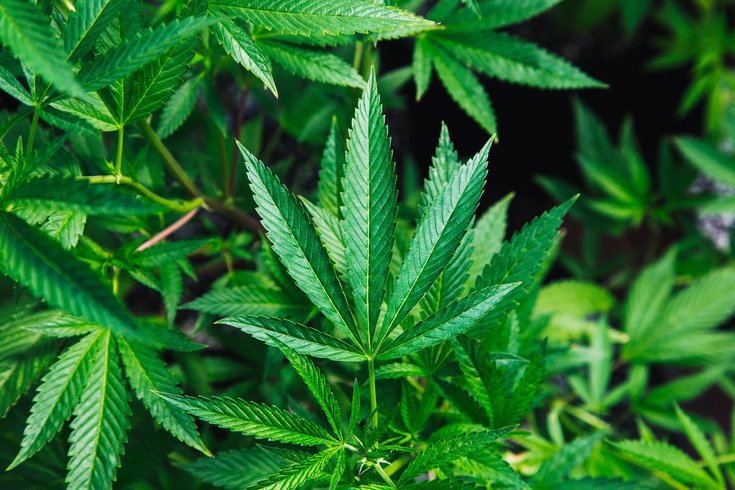
June 22, 2023
 Rick Proctor/Unsplash.com
Rick Proctor/Unsplash.com
Pennsylvania's medical marijuana program doesn't currently allow the production and sale of edibles. A package of bills introduced in the Senate would make edibles legal and allow doctors to prescribe medical marijuana for any condition, abandoning the requirement that patients meet one of 24 qualifying conditions.
Pennsylvania lawmakers are advancing several bills that would liberalize the state's medical marijuana program, removing the need to meet qualifying conditions and permitting the sale of edibles.
The package of bills received near-unanimous approval Wednesday in the Senate Law and Justice Committee, earning votes from top Democrats and Republicans, including committee chair Mike Regan. The York County Republican has been supportive of the state legalizing recreational marijuana, especially after surrounding states like New Jersey, New York, Delaware and Maryland have done so in recent years.
The three bills discussed on Wednesday could potentially act as a bridge to full legalization, which is supported by Pennsylvania Gov. Josh Shapiro.
As of last May, more than 712,000 Pennsylvania residents are enrolled in the medical marijuana program, which was created in 2016 and began serving patients two years later. To register for the program, patients must be certified by an approved physician for having one of 24 qualifying conditions; the list of conditions, which has grown from 17 over the years, includes cancer, autism, anxiety disorders and epilepsy.
It costs $50 to obtain a medical marijuana ID card (as well as an annual $50 renewal fee), which enables purchases at dispensaries. Dispensaries are only permitted to sell cannabis pills, oils, liquids, creams and dried plants that can be smoked.
One of the bills approved by the Senate committee would eliminate the need for annual renewals and enable doctors to prescribe medical marijuana for any condition, rather than just the current qualifying conditions.
“I believe doctors and medical professionals should decide if a patient would benefit from medical marijuana,” Regan said. “The current system places government bureaucrats between doctors, patients and the medicine they need.”
Another bill would open up the state's medical marijuana program to edibles, which includes gummies, candies, cookies and brownies.
A memo for the edibles bill, sponsored by Sen. Daniel Laughlin, R-Erie, notes that many medical marijuana patients try to use other forms of the drug purchased at dispensaries to make edibles at home. Marijuana growers and processors in Pennsylvania are not permitted to make them.
"Incorporating medical cannabis into food is complex; many patients struggle to evenly disperse the medical cannabis’s active ingredients, like THC, throughout their food in a way that ensures uniform relief from symptoms," Laughlin wrote. "The lack of uniformity can cause patients to accidentally consume too little or too much medicine at once."
The bill proposes allowing growers and processors to produce edibles that can be lab-tested to ensure uniformity. Currently 25 other states with medical marijuana programs allow the production and sale of edibles at dispensaries.
A third bill would allow marijuana growers to open dispensaries where they could sell directly to patients instead of having to go through distributors.
The package of bills will need to pass the Republican-controlled Senate and Democratic-controlled House of Representatives.
Shapiro has made clear that his administration supports legalizing recreational marijuana for people 21 and older, as long as the legislation prioritizes expungement of non-violent marijuana convictions. Laughlin and Sen. Sharif Street, D-Philadelphia, reintroduced their bi-partisan legalization bill earlier this year.
In his first budget as governor, Shapiro included revenue modifications for state income including an "adult use cannabis tax" that would have sales beginning in 2025. Such details are rough projections, but they indicate the administration's belief that legislation will get passed.
Past estimates from the Pennsylvania Independent Fiscal Office project that marijuana legalization can generate between $400 million and $1 billion of new tax revenue and create thousands of new jobs.